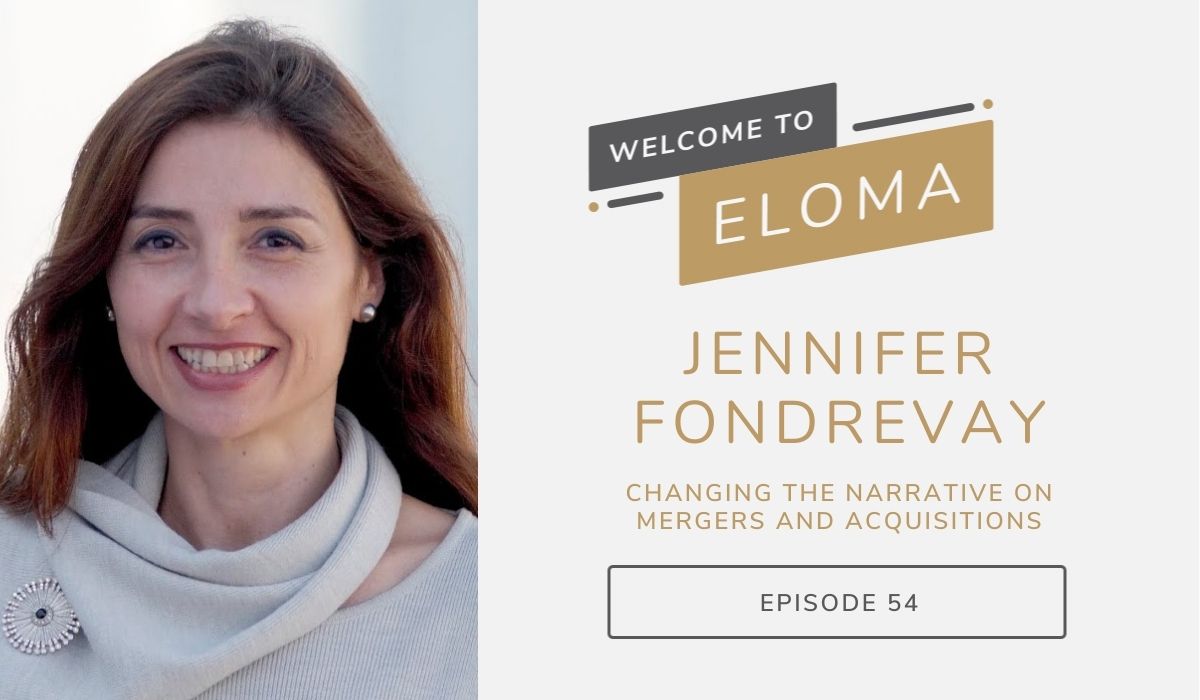“The payday is a lovely part. But don’t let that drive how you look for your partner, particularly if you want to leave a legacy worthwhile,” explains Jennifer Fondrevay. Jennifer has survived three major multibillion dollar acquisitions and is the author of Now What? A Survivor’s Guide for Thriving through Mergers and Acquisitions. In her conversation with Kiley Peters, she shares her tips for changing the narrative on mergers and acquisitions.
Mergers and acquisitions have a bad reputation, in part because statistics show that 70-90% of deals fail. However, it is important to still see a merger or acquisition as a viable growth strategy. This type of deal is not just about finances, but is really more similar to a marriage in that you really need to be very intentional about who you choose as a partner. It also helps to remember that when considering the valuation of your business, your people contribute value as well. From the very start, you should consider your communication strategy for how you will get your people on board with and even excited for the coming changes, otherwise you risk losing talent due to miscommunication.
People are typically wary of change and aversive to uncertainty. This is why even just the words ‘mergers and acquisitions’ often cause people to stress and worry for the future. When you are upfront and clear about your vision for the business and communicate the plan with your employees, they are more likely to rally around you and buy into your vision.
Quotes
“Consider a merger or an acquisition as a viable growth strategy play.” (2:26-2:31 | Jennifer)
“The payday is a lovely part. But don’t let that drive how you look for your partner, particularly if you want to leave a legacy worthwhile.” (5:05-5:15 | Jennifer)
“If you’re thinking just financials and you haven’t thought about, ‘how am I going to explain this in a way that gets people really rallied around it and excited’, you’re going to lose some talent.” (7:31-7:41 | Jennifer)
“People ultimately embrace change and they understand that things have changed, but what they don’t like is prolonged uncertainty.” (8:22-8:29 | Jennifer)
“Start thinking about what that communications piece is when you’re thinking about the deal. Don’t wait until you’ve made the announcement.” (29:23-29:28 | Jennifer)
“Being crystal clear on your value is what helps you to embrace uncertainty.” (38:19-38:24 | Jennifer)

